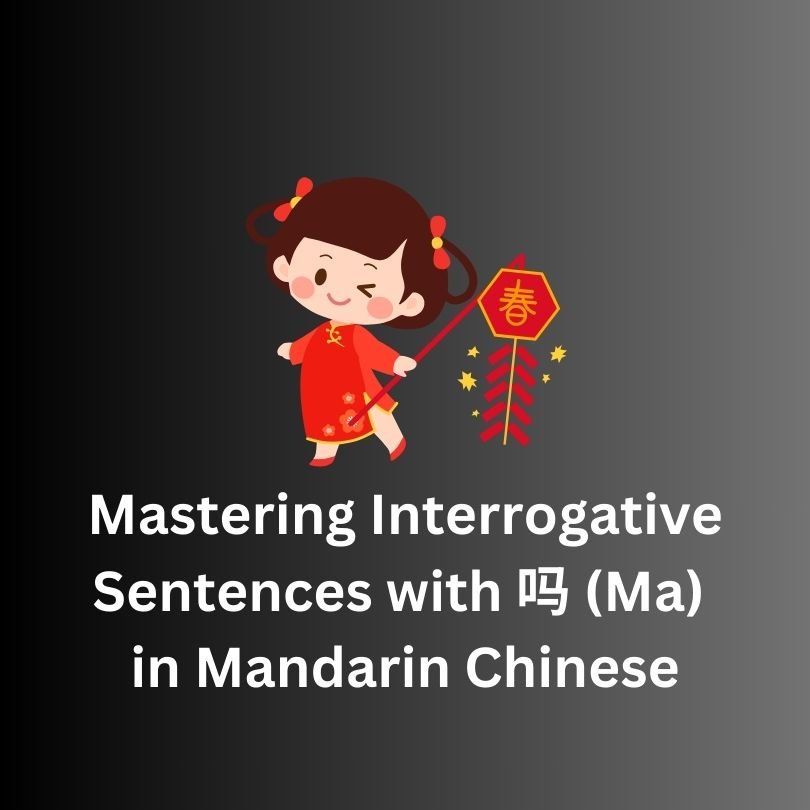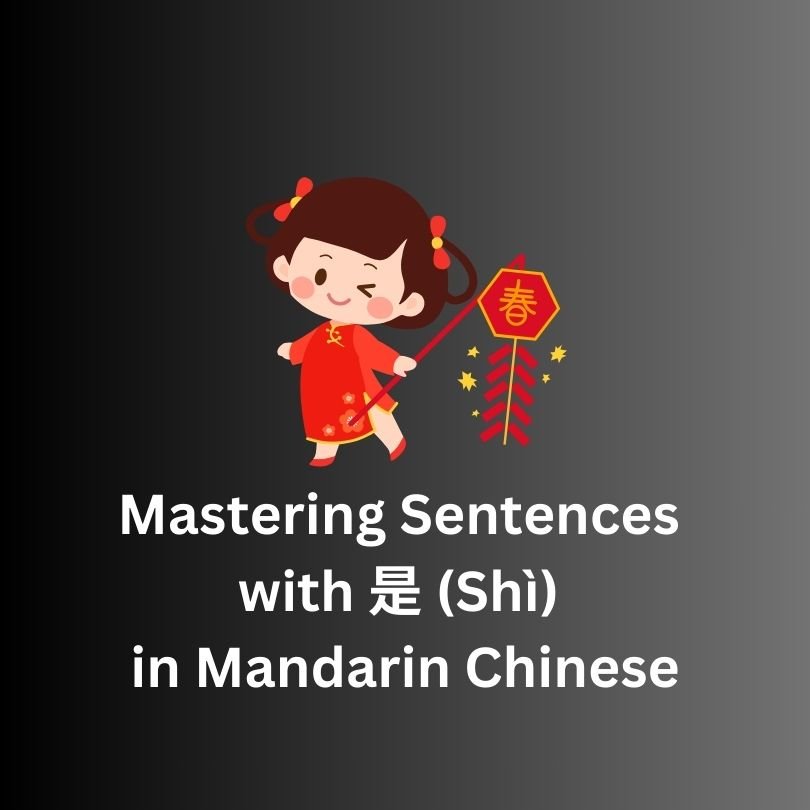Talking About Nationality in Mandarin Chinese: A Comprehensive Guide
Discussing nationality is a common part of introductions and conversations when learning a new language. In Mandarin Chinese, talking about your nationality and asking others about theirs is straightforward once you know the key phrases and vocabulary. This article will guide you through the basics of discussing nationality in Mandarin Chinese, including useful phrases, vocabulary, and cultural tips to help you sound natural and confident.
Key Vocabulary and Phrases
Let’s start with some essential vocabulary and phrases for talking about nationality.
1. Asking About Nationality
To ask someone about their nationality, you can use the following phrases:
- 你是哪国人?(nǐ shì nǎ guó rén?) – What is your nationality? (Literally: You are which country’s person?)
- 你来自哪里?(nǐ láizì nǎlǐ?) – Where are you from?
2. Stating Your Nationality
When stating your nationality, you can use the structure “我是 [Country] 人 (wǒ shì [Country] rén),” which means “I am [Country] person.”
- 我是美国人 (wǒ shì Měiguó rén) – I am American.
- 我是加拿大人 (wǒ shì Jiānádà rén) – I am Canadian.
- 我是英国人 (wǒ shì Yīngguó rén) – I am British.
- 我是中国人 (wǒ shì Zhōngguó rén) – I am Chinese.
- 我是澳大利亚人 (wǒ shì Àodàlìyǎ rén) – I am Australian.
Common Nationalities in Mandarin Chinese
Here are some common nationalities in Mandarin Chinese along with their pinyin pronunciation:
- 美国 (Měiguó) – America
- 加拿大 (Jiānádà) – Canada
- 英国 (Yīngguó) – United Kingdom
- 中国 (Zhōngguó) – China
- 澳大利亚 (Àodàlìyǎ) – Australia
- 日本 (Rìběn) – Japan
- 韩国 (Hánguó) – South Korea
- 法国 (Fǎguó) – France
- 德国 (Déguó) – Germany
- 意大利 (Yìdàlì) – Italy
- 印度 (Yìndù) – India
Example Conversations
To help you understand how to use these phrases in real-life situations, here are some example conversations:
Example 1: Casual Introduction
A: 你好!你是哪国人?(Nǐ hǎo! Nǐ shì nǎ guó rén?) – Hello! What is your nationality?
B: 我是加拿大人。你呢?(Wǒ shì Jiānádà rén. Nǐ ne?) – I am Canadian. How about you?
A: 我是美国人。(Wǒ shì Měiguó rén.) – I am American.
Example 2: Asking and Answering Nationality
A: 请问,你来自哪里?(Qǐngwèn, nǐ láizì nǎlǐ?) – Excuse me, where are you from?
B: 我来自中国。你呢?(Wǒ láizì Zhōngguó. Nǐ ne?) – I am from China. And you?
A: 我来自英国。(Wǒ láizì Yīngguó.) – I am from the United Kingdom.
Cultural Tips
- Use of “请问 (qǐngwèn)”: When asking someone about their nationality in a formal or polite context, start with “请问 (qǐngwèn)” which means “Excuse me” or “May I ask.” This adds politeness to your question.
- Politeness and Respect: Always be respectful when asking about someone’s nationality. It’s a good practice to also share your nationality after asking about theirs to create a balanced and polite conversation.
- Cultural Sensitivity: Be mindful of the cultural and historical context of the countries you are discussing. Avoid making assumptions or stereotypes about nationalities.
Practice Exercises
To reinforce your learning, try practicing these exercises:
- Translate the following sentences into Mandarin Chinese:
- “I am Japanese.”
- “She is Australian.”
- “Where are you from?”
Answers:
- 我是日本人 (wǒ shì Rìběn rén).
- 她是澳大利亚人 (tā shì Àodàlìyǎ rén).
- 你来自哪里?(nǐ láizì nǎlǐ?)
- Fill in the blanks with the correct nationality:
- 你是哪国人?___ 是 ___ 人。 (I am German.)
- 请问,___ 来自 ___?(He is from South Korea.)
Answers:
- 我是德国人 (wǒ shì Déguó rén).
- 他来自韩国 (tā láizì Hánguó).
Conclusion
Talking about nationality in Mandarin Chinese is an essential skill for engaging in meaningful conversations. By learning the key phrases, vocabulary, and cultural tips outlined in this guide, you will be able to confidently discuss your nationality and ask others about theirs. Practice regularly and immerse yourself in conversations with native speakers to enhance your fluency. Happy learning!



